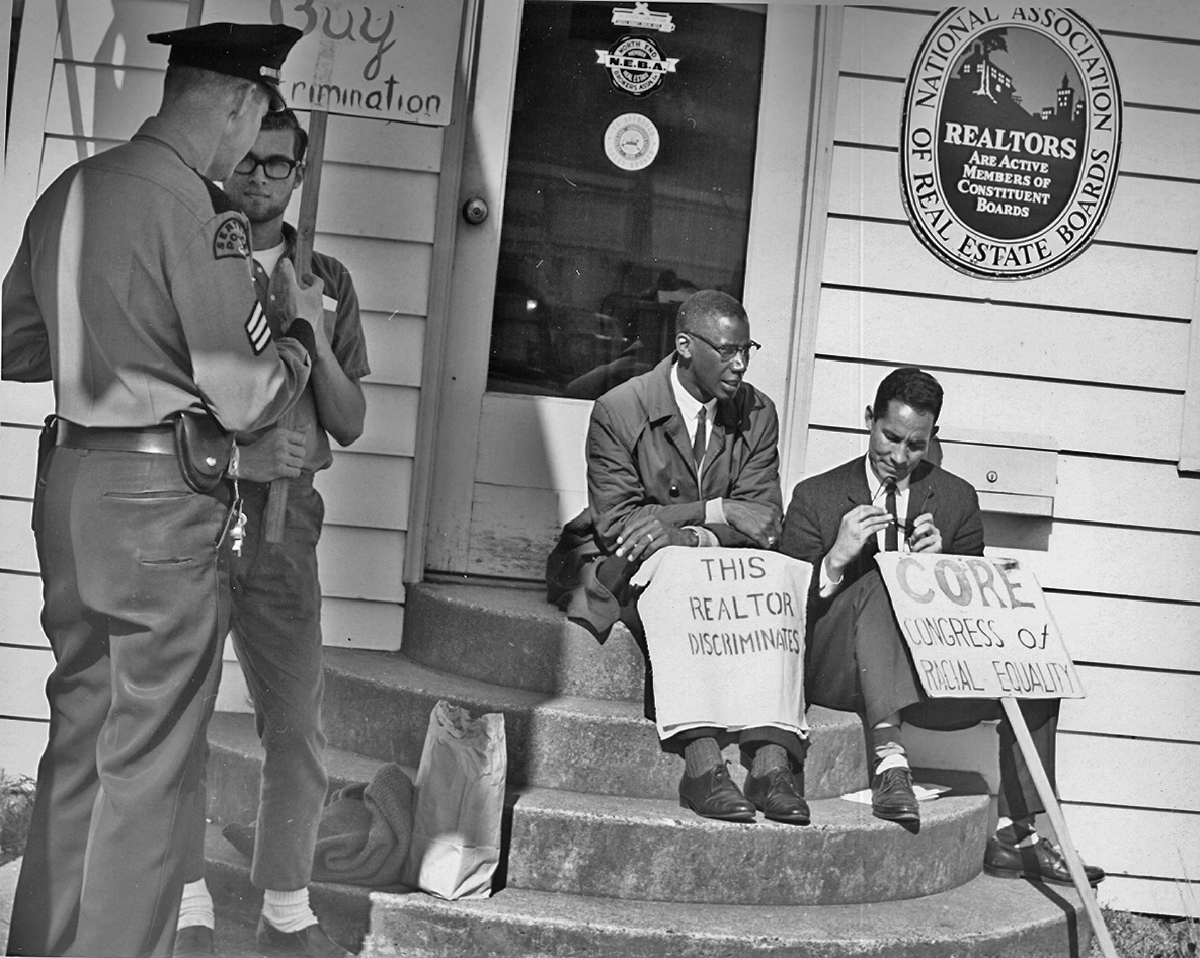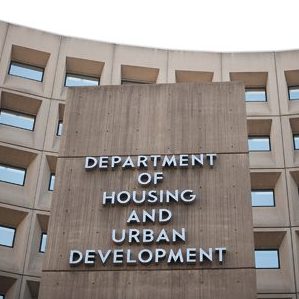
Housing protest in 1964. Photo courtesty Wikimedia Commons.
In the five decades since the United States adopted the Fair Housing Act, the country has made strides to protect tenants and homeowners from unlawful housing discrimination.
Unfortunately, complaints about discrimination continue.
You might have heard that Congress recently approved a budget that contains a lot of support for housing programs.
It did, but that was the budget for 2018. The Department of Housing and Urban Development (or HUD) had already released a new budget for 2019, now with $8.8 billion in budget cuts.
According to the New York Housing Conference, New York State alone could lose more than $1 billion in housing funding, including:
- $285 million in Community Development Block Grant funds, which New York relies on to help develop affordable housing, make repairs and improvements to local infrastructure, boost the development of commercial corridors in neighborhoods, and pay for community- and youth-oriented programs.
- $91 million in HOME Investment Partnership funds that help pay for first-time home buying counseling and homeowner repairs, as well as the development of affordable rental housing — including supportive housing.
- $630 million in Public Housing Operating & Capital Funds, which pay for repairs and construction of public housing across the state.
In a tweet, HUD Secretary Ben Carson described the new budget as one focused on moving “people toward self-sufficiency” and moving “aging public housing to more sustainable platforms.”
The proposed budget is focused on moving more people toward self-sufficiency through reforming rental assistance programs and moving aging public housing to more sustainable platforms.
— Ben Carson (@SecretaryCarson) February 12, 2018
Carson has also celebrated a commitment of $2 billion in the HUD budget to reduce homelessness. Meanwhile, groups including the National Low Income Housing Coalition worry that new major policy proposals for Section 8 qualifications could worsen the problem.
Section 8 tenants are currently expected to contribute 30 percent of their adjusted income to their rent. HUD wants recipients to contribute 35 percent of their gross income. On top of that, the agency would also like to include new work requirements and reduce support for utility bills.
“Taking away housing benefits from poor families will only force them to make impossible tradeoffs between paying rent or paying for medicine, groceries, and other necessities,” the NLIHC wrote.
Find out your potential rent hike with the New York Housing Conference ‘Trump Rent Hike Calculator’!
At a time when more than 77,000 people across the five boroughs are without homes, the threat of homelessness is already a real fear for many New Yorkers. That’s why fair and affordable housing is a necessity — not just for those who rely on fair housing programs, but for our entire communities that benefit from economic, racial, and cultural diversity.
As a recent report on citywide segregation in New York from City Council Member Brad Lander rightly quotes the author James Baldwin from 1962: “Not everything which is faced can be changed. But nothing can be changed until it is faced.”
